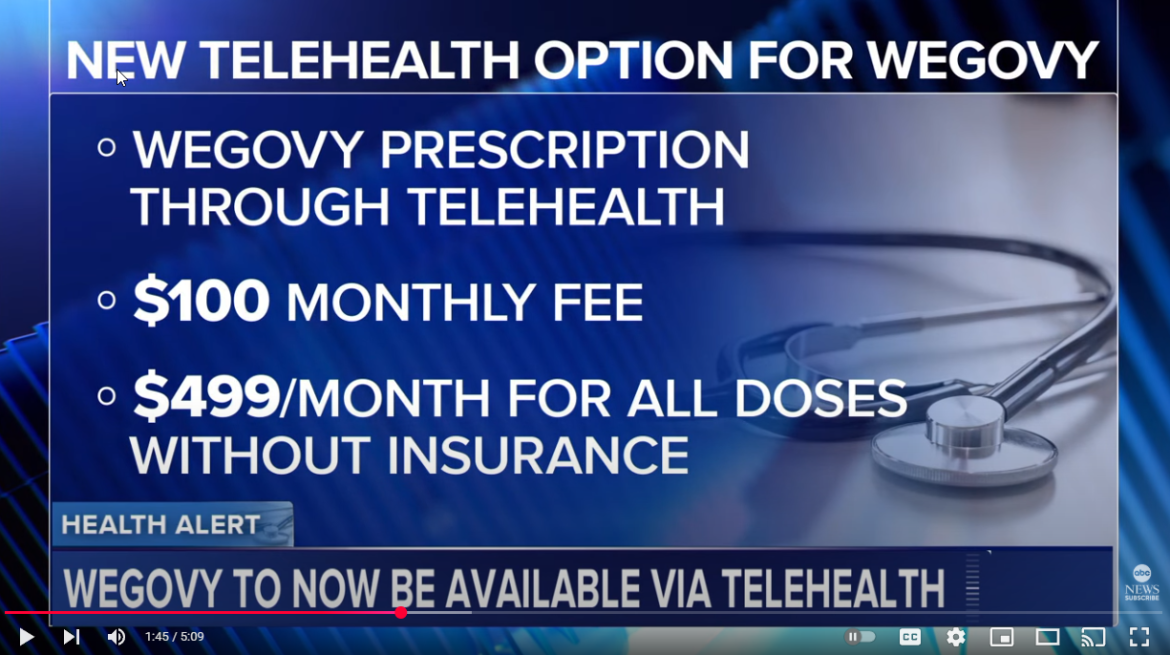In a major move aimed at increasing accessibility and affordability, Novo Nordisk—the Denmark-based pharmaceutical giant behind the blockbuster weight loss drug Wegovy—announces a significant price reduction and a broader distribution model. The company says it will now collaborate with telehealth providers to offer a more affordable pathway for patients seeking anti-obesity treatment.
Starting immediately, patients can access name-brand Wegovy injections delivered directly to their homes for $499 per month, plus an estimated $100 in telehealth service fees. This new combined monthly cost of approximately $599 marks a notable decrease from previous retail prices that often exceeded $1,300 per month without insurance coverage or discount programs. The new pricing strategy is being rolled out in collaboration with online platforms that specialize in telemedicine and weight management support.
Novo Nordisk says the move is driven by a commitment to meet skyrocketing demand while addressing criticism over the drug’s inaccessibility due to high costs and insurance restrictions. With tens of millions of Americans eligible for anti-obesity medications, Wegovy’s growing popularity has created supply issues and limited availability—especially for those paying out of pocket.
The drug, which contains the active ingredient semaglutide, mimics a hormone that regulates appetite and insulin response. Originally approved for diabetes under the brand Ozempic, semaglutide’s success in helping patients lose significant weight led to Wegovy’s FDA approval for chronic weight management in 2021. Since then, it has become one of the most sought-after prescriptions in the United States, alongside similar medications like Eli Lilly’s Zepbound and Mounjaro.
This new initiative by Novo Nordisk involves working directly with select telehealth providers who offer compounded or generic versions of GLP-1 receptor agonists—drugs that function similarly to Wegovy. By entering into agreements with those providers, Novo Nordisk aims to steer consumers toward the name-brand medication at a competitive price, while undercutting unauthorized compounding pharmacies that have flooded the market.
Compounding pharmacies, which legally create custom drug versions when the brand-name version is in shortage, have been offering cheaper alternatives to Wegovy in recent months. However, the FDA has raised safety concerns about such alternatives due to a lack of regulation and consistency in dosage and quality. Novo Nordisk has filed lawsuits against some compounding pharmacies, alleging trademark infringement and safety risks.
By aligning with reputable telehealth platforms, the company is now offering patients not only a lower-cost, FDA-approved version of the drug, but also monthly medical consultations and prescription management—all handled remotely. This model supports growing trends in digital healthcare and home-based wellness solutions.
Public health advocates welcome the move, saying it could help address the rising obesity epidemic in the United States, where more than 42% of adults are considered obese. However, some critics warn that even with the price reduction, the medication remains out of reach for low-income patients who lack adequate insurance or cannot afford the ongoing monthly costs.
Novo Nordisk says it remains in talks with insurance providers to further expand coverage and will monitor supply chain issues to ensure product availability. The company’s stock sees a modest uptick following the announcement, reflecting investor confidence in the sustainability of the weight loss drug market.
As the demand for GLP-1-based medications continues to grow, this latest pricing and access shift signals a broader trend toward more competitive pricing and direct-to-consumer models in the pharmaceutical industry—one that could reshape how weight loss medications are delivered and paid for in the years to come.



